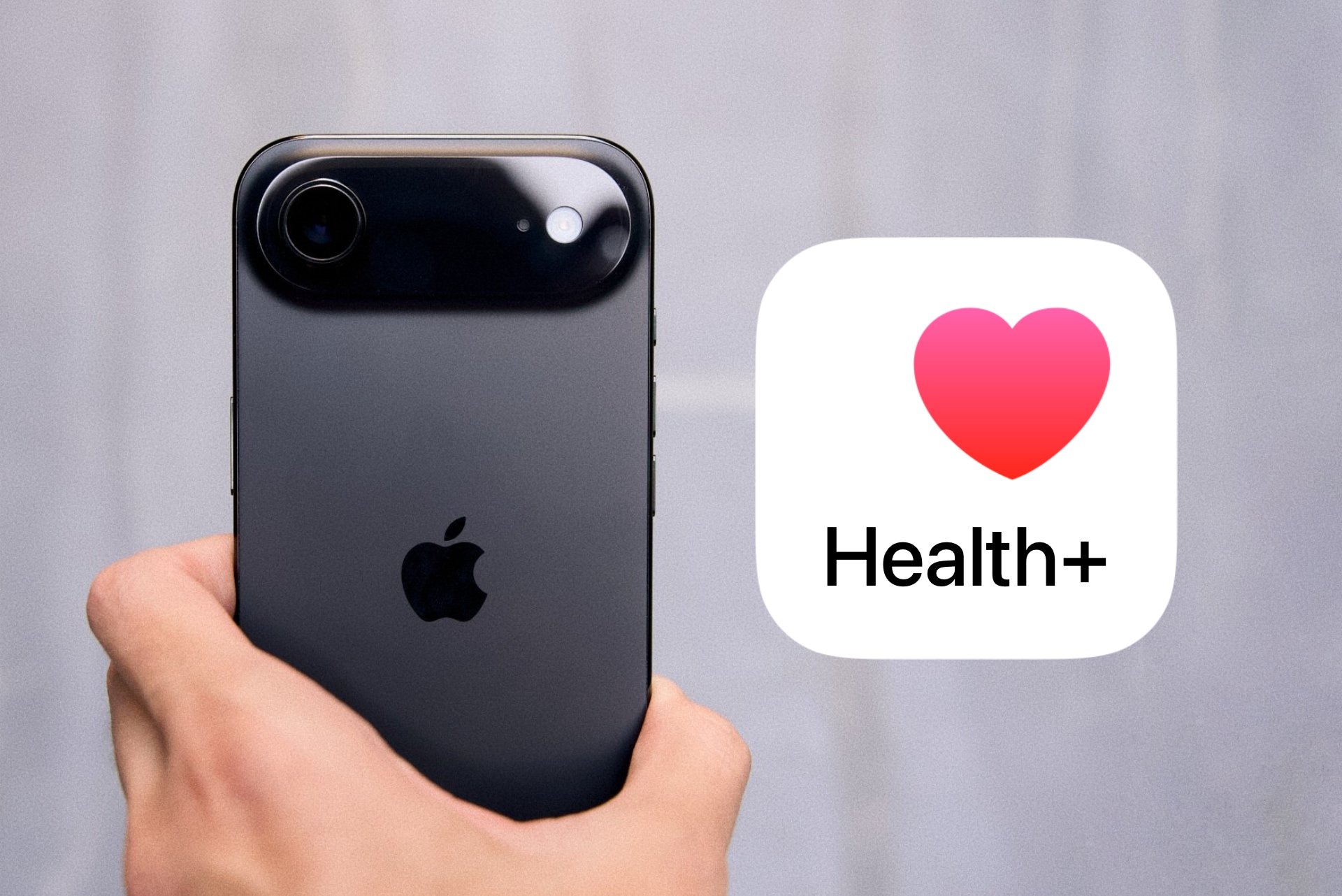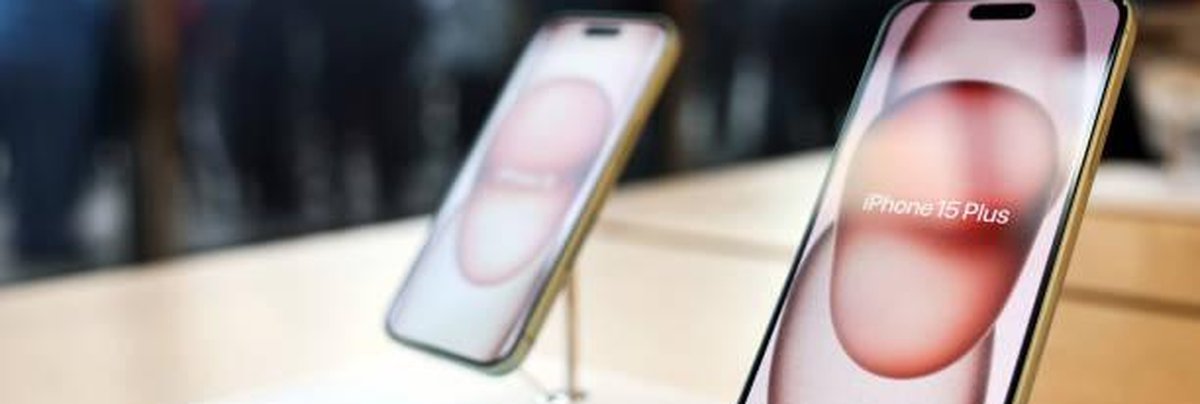It looks like Apple has added a new security feature to iOS 18.1. Allows iPhones to automatically restart after a period of inactivitymakes data extraction difficult. The function was discovered by a researcher who shared the details on the Mastodon social network last Friday (08).
According to Jiska Classen, the expert responsible for identifying the tool, the tool is called “inactivity reset”. Interestingly, the Cupertino giant did not mention this when launching the operating system update.
Advancing the discovery of website Jiska 404 Media states that smartphone automatically reboots after being idle for four days. When this happens, the device reverts to a state called “before initial lockout” (BFU) and requires the passcode to be entered to unlock.
In this case, hacking the iPhone becomes more difficult and the protection of user data in case of theft or theft of the device increases. However, as highlighted in the report, this functionality also prevents the use of forensic tools to hack into the phones of criminal suspects during investigations.
Researchers whose function is impaired
The inactive reset of iOS 18.1 made news in the United States after law enforcement began having problems with iPhones seized as evidence of crime. Because the devices have been disabled for days it self-rebooted, making it difficult for researchers to access data.
Initially, there were suspicions that the devices were going through the reboot process after being disconnected from the mobile network or Wi-Fi for a long time, but the cybersecurity expert discovered the real reason why the feature was not working while analyzing the operating system update code. came into force.
“This feature helps you in case your phone is stolen. thieves can’t keep it for months until they develop the technology to break it. “I would bet that rebooting after a reasonable period of inactivity probably wouldn’t bother anyone, but it would make your phone a lot more secure,” Johns Hopkins University cryptographer Matthew Green told the publication.
Source: Tec Mundo
I am a passionate and hardworking journalist with an eye for detail. I specialize in the field of news reporting, and have been writing for Gadget Onus, a renowned online news site, since 2019. As the author of their Hot News section, I’m proud to be at the forefront of today’s headlines and current affairs.











